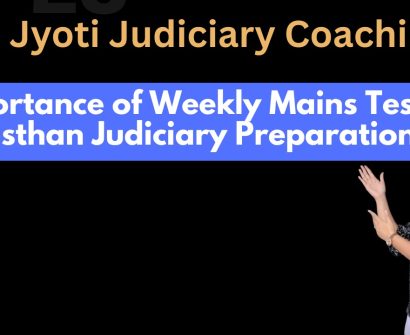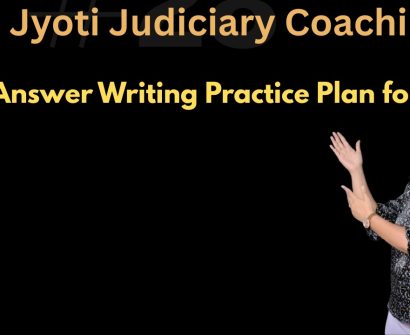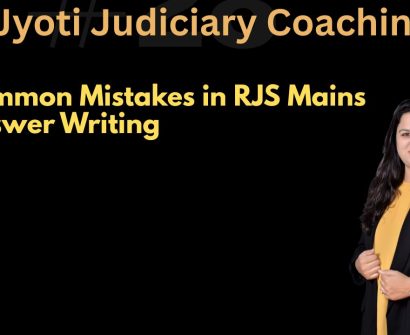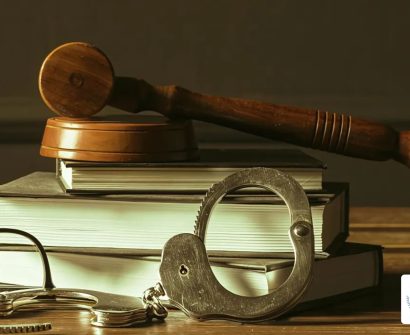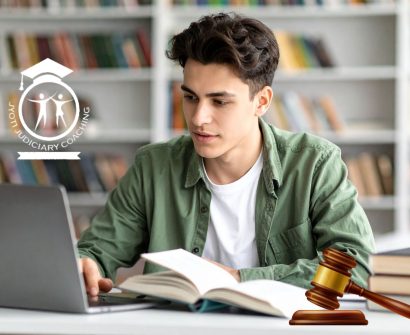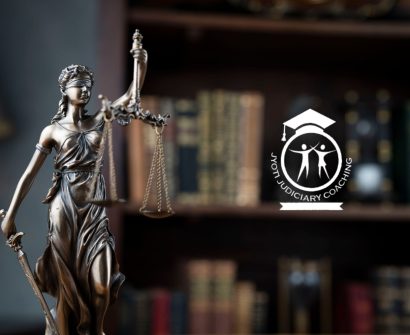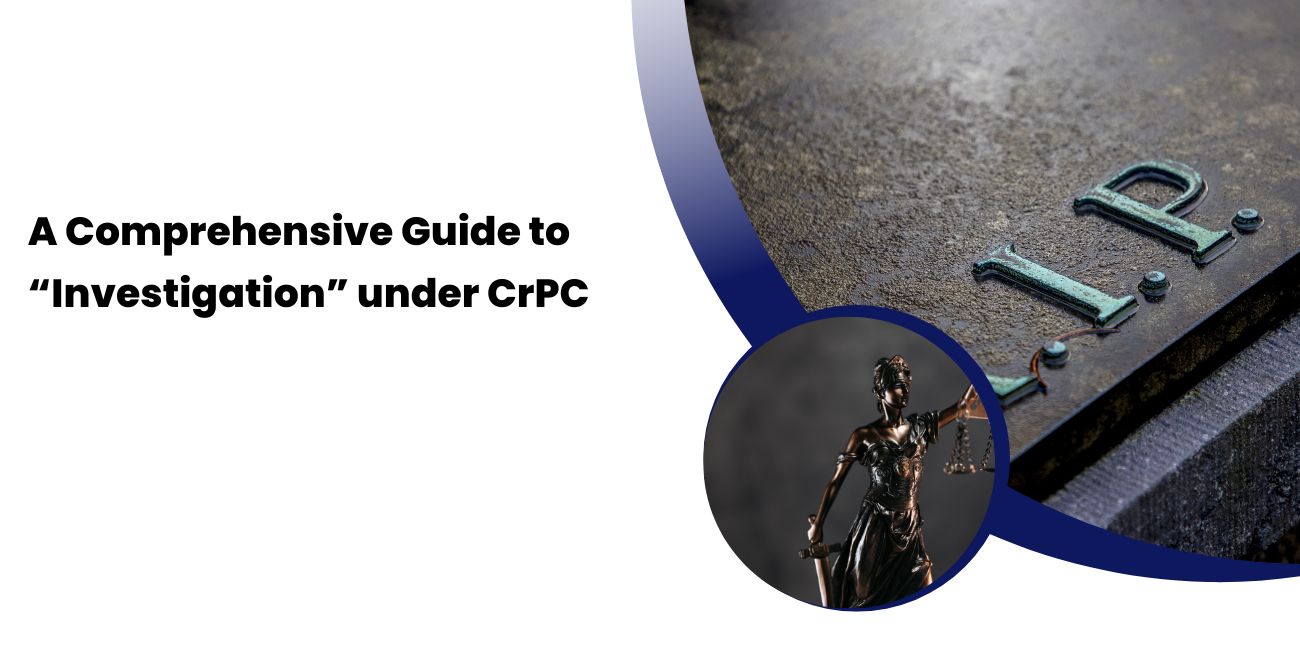
Introduction
The Code of Criminal Procedure (CrPC) is an essential legislation that governs the procedural aspects of the criminal justice system in India. It lays down the guidelines for the investigation of criminal cases and the conduct of trials. Investigation under CrPC is a crucial stage in the criminal justice process as it sets the foundation for the prosecution of accused individuals and plays a pivotal role in determining the truth behind the alleged crime. In this article, we will delve into the various aspects of investigation under CrPC, its objectives, and the procedures involved.
Objectives of Investigation under CrPC
The primary objectives of investigation under CrPC are:
Collecting Evidence: The investigation aims to collect all relevant and admissible evidence to establish the truth or falsity of the alleged offense. This includes testimonies, documents, forensic evidence, and any other relevant materials.
Identifying Offenders: The investigating authorities must identify the individuals responsible for the commission of the crime. This involves gathering information, conducting interviews, and scrutinizing available evidence.
Protecting Innocents: It is equally important for investigators to protect the rights and interests of innocent individuals who might be falsely implicated in the crime. Ensuring fair and unbiased investigation is essential to prevent miscarriage of justice.
Securing Evidence: Preservation of evidence is crucial to maintaining the integrity of the investigation. Investigators must ensure that evidence is not tampered with or destroyed.
Procedures Involved in Investigation
First Information Report (FIR): The investigation typically commences with the lodging of an FIR. It is a written document or complaint filed by the victim, a witness, or any other person with knowledge of the offense. The FIR provides details of the alleged crime and sets the investigation in motion.
Recording Statements: Investigating officers record statements of the complainant, witnesses, and suspects. These statements are essential pieces of evidence during the trial.
Gathering Evidence: Investigators collect various types of evidence, including physical evidence, testimonies, documentary evidence, expert opinions, and forensic reports.
Search and Seizure: If necessary, investigators may conduct searches at the scene of the crime or other relevant locations to seize materials that could be used as evidence.
Arrest: If sufficient evidence suggests the involvement of a suspect, they may be arrested by the police. However, the arrest must adhere to the provisions of CrPC, ensuring that the individual’s fundamental rights are protected.
Examination of Witnesses: Investigating officers examine witnesses to obtain their statements under oath. Witness statements play a vital role in establishing the events surrounding the crime.
Case Diaries: Investigators maintain detailed case diaries, which chronicle the progress of the investigation. These diaries are vital for tracking the investigation’s developments and presenting a comprehensive account during trial.
Closure Report or Charge Sheet: After completing the investigation, the investigating officer submits either a closure report (if no sufficient evidence is found) or a charge sheet (if evidence points to the involvement of the accused) to the concerned court.
Conclusion
Investigation under CrPC is an essential process in the criminal justice system, as it is the foundation upon which the prosecution builds its case. The objective and meticulous handling of investigations are crucial to ensuring that the guilty are brought to justice and the innocent are protected from wrongful prosecution. It is imperative for investigators to maintain transparency, fairness, and adherence to legal procedures while conducting investigations, thereby upholding the principles of justice and the rule of law.
If you want to be a judicial officer and are looking for RJS coaching in Jaipur, here, at Jyoti Judiciary we provide comprehensive study material to make your preparation solidified and top-notch. From preliminary mock tests to mains answer writing sessions every material required for clearing the exam is provided. We have separate legal current affairs classes, legal general knowledge, and current affairs classes all in one-time enrolment. Hurry up.

